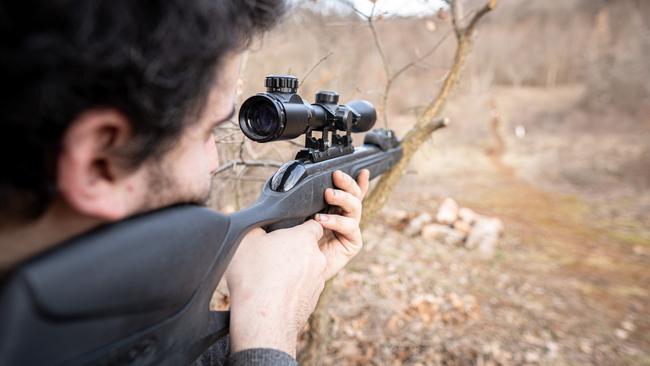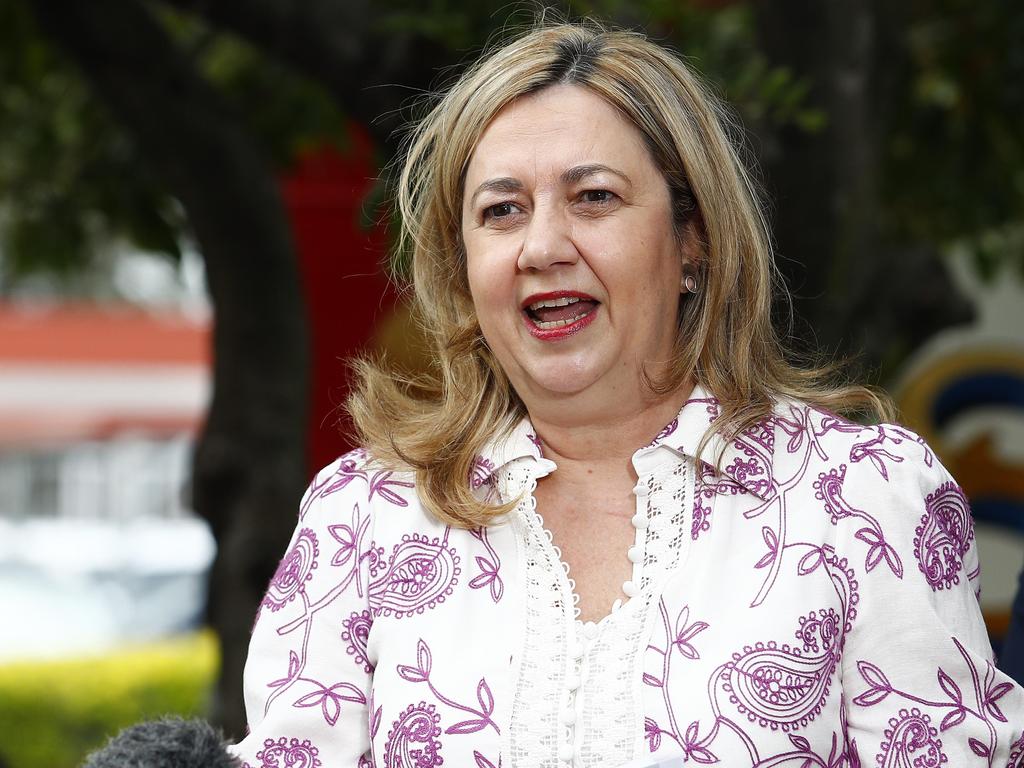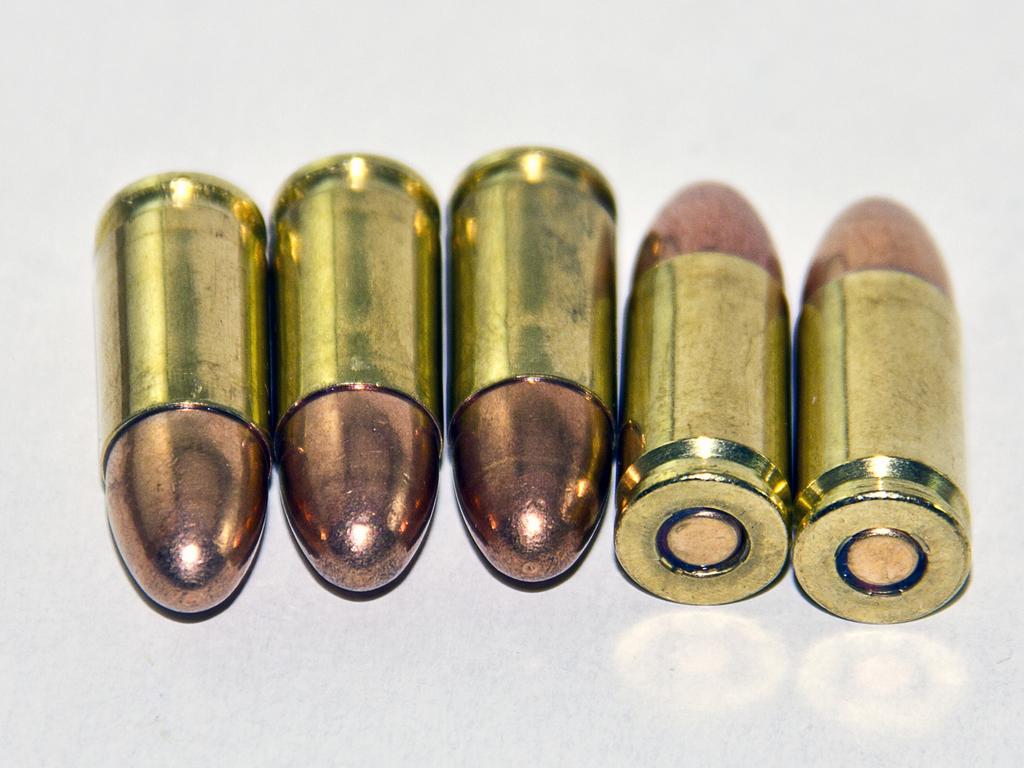National firearms register to be fast-tracked for mid-year
Police and, possibly, the Family Court could have immediate access to up-to-date records of guns and their licensed owners across the country.

Work on a national firearms register is being fast-tracked so it can be ready mid-year, with plans for police and, possibly, the Family Court to have immediate access to up-to-date records of guns and their licensed owners across the country.
The push for a nationwide register, first agreed to by states and the commonwealth after the 1996 Port Arthur massacre, was resurrected by Police Federation of Australia president Ian Leavers in the wake of last year’s fatal ambush of two police officers in regional Queensland.
Two young constables – Rachel McCrow and Mathew Arnold – as well as neighbour Alan Dare were shot to death by conspiracy theorists Nathaniel, Gareth and Stacey Train when the officers, and two colleagues, went to their remote property at Wieambilla, 290km west of Brisbane in December.
Nathaniel Train, a NSW school principal who had been reported missing, was a licensed gun owner who it later emerged was wanted after he illegally crossed the border into Queensland during the Covid lockdown with a vehicle full of guns.
In February, national cabinet of the Prime Minister and state and territory chief ministers agreed the register was “necessary”, with state police ministers and attorney-generals to meet mid-year to discuss options for its implementation.
But police ministers and federal Attorney-General Mark Dreyfus have brought forward their meeting to Monday in Sydney to discuss progress in developing the register, with plans for the model to be ratified in June and ready soon after.
Under plans for the register, police officers will access accurate information “in real time” on firearms and licensed gun owners across the country. It is also proposed the register will give officers the ability to trace firearms from “creation to destruction in Australia”, provide information required to determine licence suitability and include a notification function alerting to the theft of a weapon.
Each state and territory has a firearm registry, which can be accessed by officers in the field, but the information is not shared or available on a nationwide database. The federal government last week also introduced legislation to give the Family Court access to the state registries and, if passed, it is hoped it will be able to use the national registry to inform judges on who holds gun licences across jurisdictions.
After the shooting in Queensland, Mr Leavers called for the national register saying police officers could not access information that a person held a gun licence interstate unless a particular request was made to that jurisdiction or it had already been passed on. The Australian Firearms Information Network already exists but is designed to only trace individual firearms.
Mr Leavers, who is also head of the Queensland Police Union, said the register would make it safer for police.
“The reforms I have proposed for the national firearms register will make the job of policing safer, protect the community and stand as a lasting legacy honouring Constables Matthew Arnold and Rachel McCrow,’’ Mr Leavers said from the US.
“Aligning all state databases in a standard format that is clear, without terminology that could be misinterpreted between different jurisdictions and immediate will be the missing link in the firearms intelligence picture.”
In a statement provided to The Australian, Mr Dreyfus said the extraordinary meeting – which he will chair – had been called to advance progress on the register.
“A national firearms register will ensure police across all Australian jurisdictions have timely and accurate information to assess any firearms risk posed, and protect the community from harm.”







To join the conversation, please log in. Don't have an account? Register
Join the conversation, you are commenting as Logout